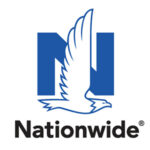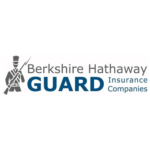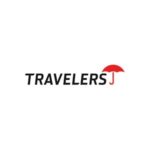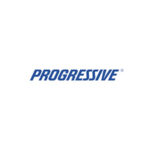Recruiting top talent is crucial for the success of any organization.
By implementing these recruitment strategies, you can enhance your ability to attract, engage, and hire great employees who will contribute to the success of your organization. It’s essential to tailor your approach based on your company’s needs, industry dynamics, and the preferences of your target candidates.
Here are ten effective recruitment strategies for hiring great employees:
- Employer Branding: Develop a strong employer brand that highlights your company culture, values, and benefits. Showcase testimonials from current employees and create engaging content on your website and social media channels to attract top talent.
- Employee Referral Programs: Encourage your existing employees to refer qualified candidates for open positions. Employee referrals are often a highly effective way to find candidates who are a good fit culturally and professionally.
- Utilize Job Boards and Career Websites: Post job openings on popular job boards, career websites, and industry-specific platforms to reach a wider pool of candidates. Optimize job descriptions with relevant keywords and compelling language to attract qualified candidates.
- Networking Events and Professional Associations: Attend networking events, industry conferences, and professional association meetings to connect with potential candidates. Building relationships within your industry can help you identify and recruit top talent.
- Recruitment Agencies and Headhunters: Partner with recruitment agencies or headhunters specializing in your industry to access their networks of qualified candidates. These professionals can help you identify and attract passive candidates who may not be actively searching for job opportunities.
- Social Media Recruiting: Leverage social media platforms like LinkedIn, Facebook, and Twitter to promote job openings, engage with potential candidates, and showcase your employer brand. Use targeted advertising and sponsored posts to reach specific demographics and job seekers.
- University and College Recruitment: Establish relationships with universities and colleges to recruit recent graduates and entry-level talent. Attend career fairs, host information sessions, and participate in campus recruiting events to attract top graduates from relevant programs.
- Internship Programs: Develop internship programs to provide students and recent graduates with hands-on experience and opportunities to learn about your company. Internship programs can serve as a pipeline for identifying and recruiting top talent for full-time positions.
- Employee Development and Training: Invest in employee development and training programs to attract candidates who value opportunities for growth and advancement. Highlight your commitment to continuous learning and professional development as part of your employer brand.
- Offer Competitive Compensation and Benefits: Ensure that your compensation and benefits packages are competitive within your industry and region. Conduct regular salary benchmarking to stay informed about market trends and adjust your offerings accordingly to attract and retain top talent.
For many small-business owners, it has been a long, strenuous road to growth at their companies due to the unpredictability of the economy and its implications.
“More than 60 percent of employers reported that they are in a better financial position than last year and more than 40 percent said their sales increased over the last six months,” said Matt Ferguson, CEO of CareerBuilder. “While this bodes well for job creation, employers are still assessing the implications of a weakened global market and a modest recovery at home.”
Full-time hiring will increase
The economy has limited many firms this year, causing them to bring in contractors and temporary employees to carry out operations at their firms, but now small-business owners are inclined to hire permanent staff. The research revealed that 26 percent of employers are projecting to employ new workers this year, and 55 percent plan to maintain their current amount of workers.
“The guarded approach to hiring that has been evident over the last few years was sustained in part by concerns over the fiscal cliff during the time of the survey,” said Ferguson. “We don’t expect 2013 to bring any big surprises regarding employment, rather it will continue on a path of stability and gradual growth barring any significant economic disruptions.”
Hiring is still expected to remain slower than it would if the economy was strong. However, it’s always important for firms to have business insurance policies in place when they are planning on adding to or downsizing their staffing levels.
IT hiring to lead the way
Innovations in technology such as the cloud, mobile devices, and virtualization are increasing the need for businesses to invest in hiring more IT staff. The CareerBuilder survey found 27 percent of respondents are expecting to bring in new IT employees, while the Robert Half Technology IT Hiring Index and Skills Report revealed 17 percent of chief information officers are planning to expand their IT departments.












